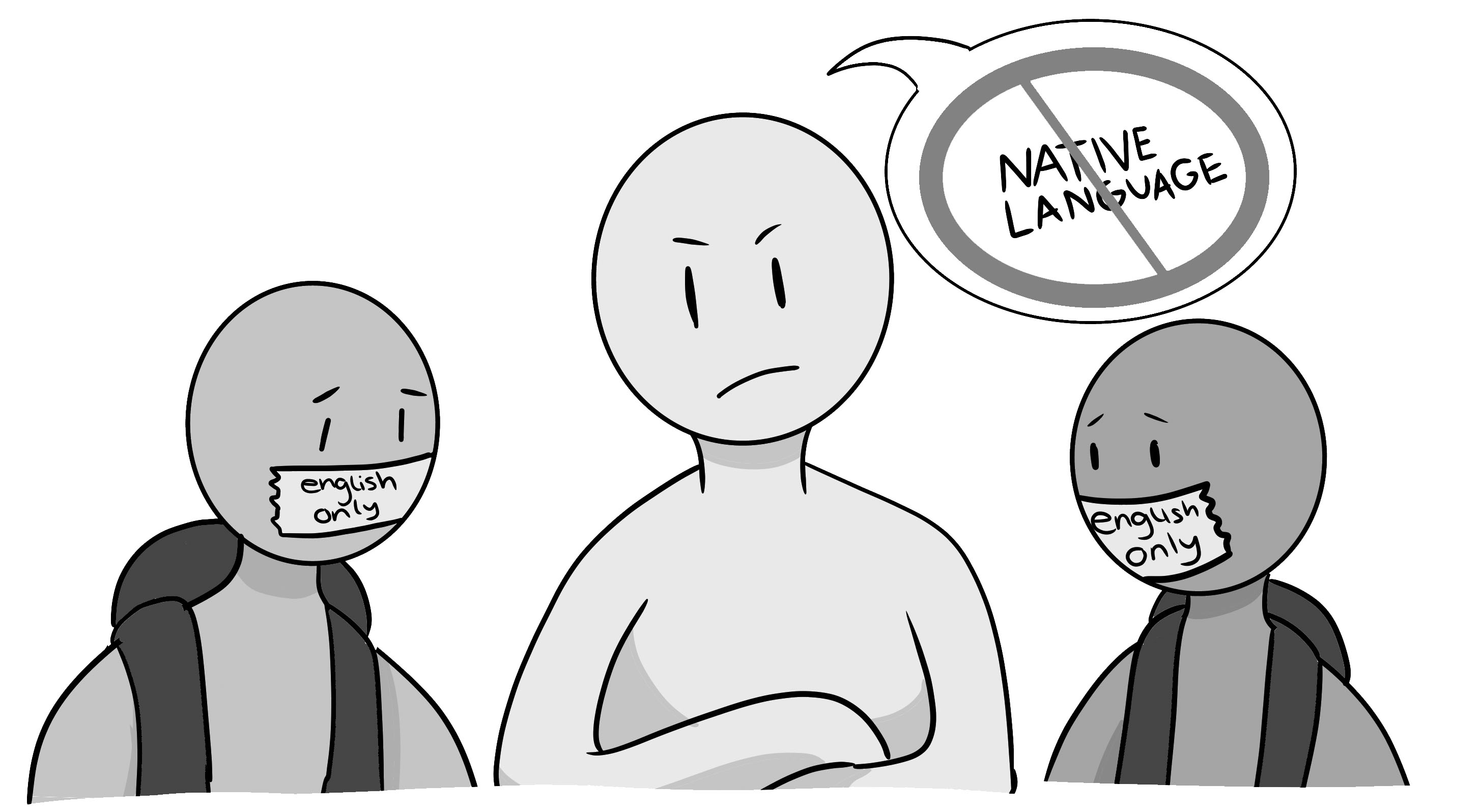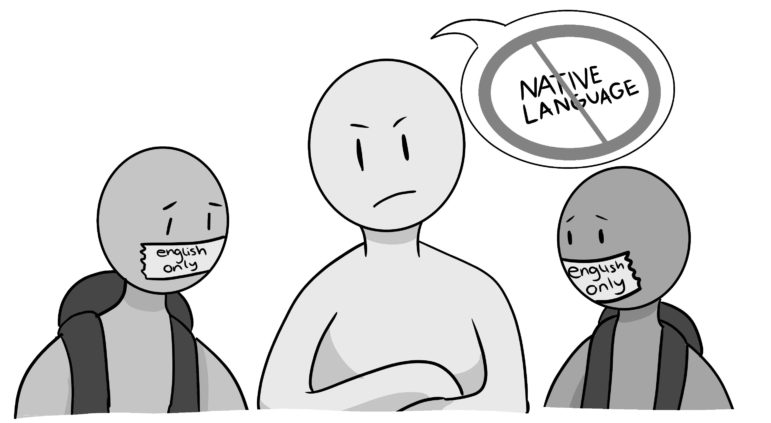

Duke University Biostatistics Professor Megan Neely sent out an email on Jan. 26 to approximately 50 of her Chinese-speaking students asking them to stop speaking Chinese in public school areas, such as the student lounge and libraries.
“The message to speak English in Duke’s public buildings, including a student lounge, is reasonable, as a common spoken English language brings all people together in a shared public space,” said Aragon parent Pearl Wu.
Neely had received complaints from two coworkers, who stated that Chinese students were speaking loudly in study areas. Senior Alison Lee, a student who applied to Duke University, questioned the situation’s possible link to racism.
“If she had made it clear that it was because they were being loud [and] not because it was Chinese, it might’ve been okay,” Lee said. “The possibility of racism come[s] from the reason behind the message [being] speaking Chinese, but I don’t think we’ll ever really know the intentions.”
Edward Sun, a board member of the Aragon Asian Parent Group, studied in Berlin, Germany, during his junior year of college, when he was fluent in English, but not in German.
“I am grateful to the teachers who made us speak German in class and use it as much as possible in public places, but I am also grateful that they did not try to muzzle us and stop us from speaking our native language in the student lounge,” Sun said. “At the end of a long day of [operating] in German, it was nice to bump into a fellow American and just chat in our native language.”
Math teacher Rafael Montelongo who started learning English when he moved to the United States at the age of 16, expresses the value of knowing different languages.
“Although it was difficult to learn [English], it is very rewarding to be able to express myself in two different languages,” Montelongo said. “However, I would feel very uncomfortable if someone asked me to stick to English 100 percent of the time. Spanish is part of who I am.”
Lee believes the Bay Area does not have to handle as many situations and messages like these because the environment is more culturally accepting.
“We’re very diverse and used to a lot of people speak[ing] a second language,” Lee said. “We see the benefits of knowing them for life skills and business. My mom, for example, is always on phone calls at 8 or 9 at night talking to coworkers in India and China.”
Advanced Placement and Honors Spanish teacher Benjamin Ho finds that this diversity is emphasized at Aragon.
“There is an atmosphere of acceptance and respect for international languages at Aragon,” Ho said. “We have a diverse student body that represents many different linguistic groups. Events like the Latino Festival and the International Food Fair show our acceptance and respect of different cultures, [as well as clubs like] K-Pop Club [and] Persian Club.”
Screenshots of the message found their way to social media and caused negative responses from individuals at Duke University, in China and in the United States. Due to the email’s backlash, Duke asked Neely to step down from director of graduate studies and be replaced by a temporary director. Afterwards, Biostatistics Department Chair Elizabeth DeLong and Neely emailed an apology. The reactions from Duke’s community and the university’s subsequent actions caused Lee to feel even more comfortable with her decision to apply there.
“The fact that [the community at Duke] perceived the message as being disrespectful and chose not to see it ignorantly, as they easily could have, made me feel that if I went [to Duke], there would definitely be people looking out for me [as a Asian],” Lee said.

